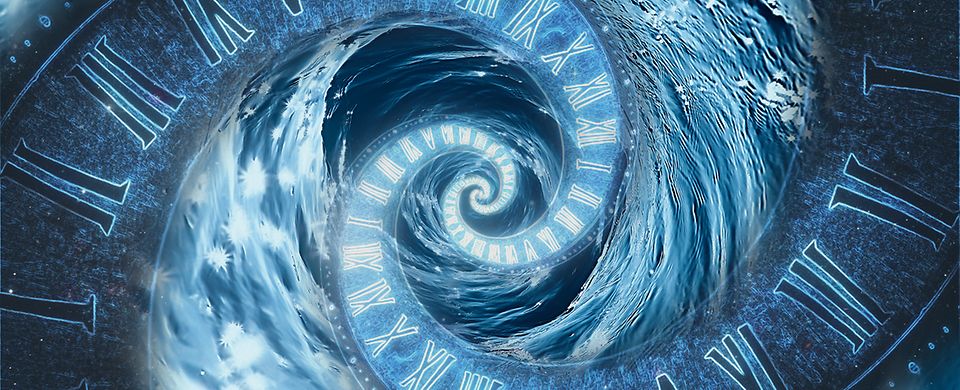We care - Achieving sustainability and transparency through international standards
Green financing
Generating green certificates for the modern energy market
The Climate Change Conference of the Parties (COP26) in Glasgow, Scotland, confirmed the global ambition to address global warming and ANDRITZ is committed to contribute to these efforts.

Along with internal measures, ANDRITZ develops and offers products that reduce or avoid emissions of greenhouse gases (GHG). But in addition to the usual technical and commercial inputs, ANDRITZ offers clients unique support in successfully implementing their projects. With energy prices sometimes bringing projects to the edge of feasibility, optimization of project costs and income is of crucial importance. As an innovative and reliable partner, ANDRITZ adds real value for our clients.
In 2018 an internal task force was established to broadly explore green financing opportunities for hydropower projects. This small but efficient core team has investigated support schemes for sustainable projects, as well as different types of green certificates that can be generated and marketed. ANDRITZ sets up deal teams within the country or region and from the ANDRITZ locations involved with a focus on a range of activities that can make the economics of a hydropower project even more attractive.
Carbon credits
According to international agreements based on the United Nations Framework Convention on Climate Change (UNFCCC), reduction or avoidance of CO2 emissions qualifies for carbon credits also known as emission reduction certificates (ERCs). Such certificates are issued by nominated (government) agencies in the project country. A reduction of one tonne of CO2 is worth one credit. Calculation of reductions is rather simple: Each MWh of renewable energy is multiplied by a grid emission factor (GEF) indicating the energy mix in the specific country or region. The dirtier (in terms of coal or other fossil-fueled thermal plants) the existing energy mix, the higher the GEF.
The task force has established contacts with carbon credit and other green certificate traders in order to support ANDRITZ clients in generating and selling such certificates and we have obtained an offer and a draft offtake agreement from a prominent trader for one of our customers in Latin America, for example.
Renewable energy certificates (RECs)
Producers of renewable energy can register their projects on international platforms for the issuers of Renewable Energy Certificates (RECs). Each MWh of production generates one REC.
The Japanese government has set up a program to support projects reducing CO2 emissions, granting subsidies of 30 – 50% of eligible project cost in return for receiving half of the carbon credits or ERCs for a 20-year period. Due to a project-size limit, it is available for small hydro and rehabilitation schemes rather than large hydro. This program is available in 17 countries across Asia, Africa, the Middle East, and Latin America.
The ANDRITZ task force has established contacts with REC platforms and traders who are very interested in working together. ANDRITZ has already reached an agreement in principle with one client to prepare an application for two projects in Kenya, for example.
Do not hesitate to contact ANDRITZ if you have projects where ERCs, RECs or other low-carbon support measures could deliver a competitive advantage.
contact@andritz.com
Key statistics on regional, national and subnational carbon pricing initiatives

Source: Carbon Pricing Dashboard The World Bank
Author: Adolf Fraczek



